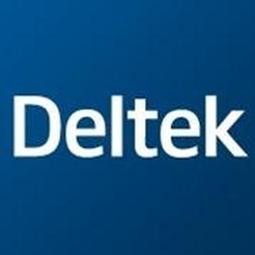Case Studies.
Add Case Study
Our Case Study database tracks 22,657 case studies in the global enterprise technology ecosystem.
Filters allow you to explore case studies quickly and efficiently.
Download Excel
Filters
-
(1)
- (1)
-
(1)
- (1)
-
(1)
- (1)
-
(1)
- (1)
- (2)
- (2)
- (1)
- (1)
- (1)
- (1)
- (2)
- (1)
- (1)
- (1)
- (1)
- (1)
- (1)
- (2)

|
Cloud Migration: The Wallace Group's Journey to Efficiency and Cost Savings
The Wallace Group, a recognized geosystem expert in the Pacific Northwest, faced a significant challenge when their servers crashed in fall 2020. The crash highlighted the need for a more reliable and efficient system to manage their projects, create invoices, and process payroll. The company was also grappling with the challenge of effectively supporting their distributed workforce due to the COVID-19 pandemic. Their on-premises solution was not fully equipped to support their teams when they had to close their offices temporarily. The company was also burdened with the cost of maintaining in-house hardware, including the purchase of a new server every five years and the cost of outsourcing frequent and expensive system updates to their external IT vendor to keep their systems secure and up-to-date.
|
|
|

|
Hitachi Systems Security Streamlines Operations and Doubles Bids with Deltek
Hitachi Systems Security, a global IT security service provider, faced significant challenges as it expanded its operations to over 40 countries. The company's growth led to a highly disjointed environment, as most Customer Relationship Management (CRM) and project management products available were designed for product or manufacturing companies, not service companies. The company had individual tools managing each part of the business, including accounting, projects, resources, and business development. However, none of this information was integrated, leading to difficulties in obtaining accurate and timely integrated information. The company identified project risk by instinct, unable to determine the exact budget, time, and resource allocation to ensure projects stayed on track. Decision making was always two to three months in arrears due to their disparate systems environment, with spreadsheets and whiteboards serving as the primary source of integrated information.
|
|




